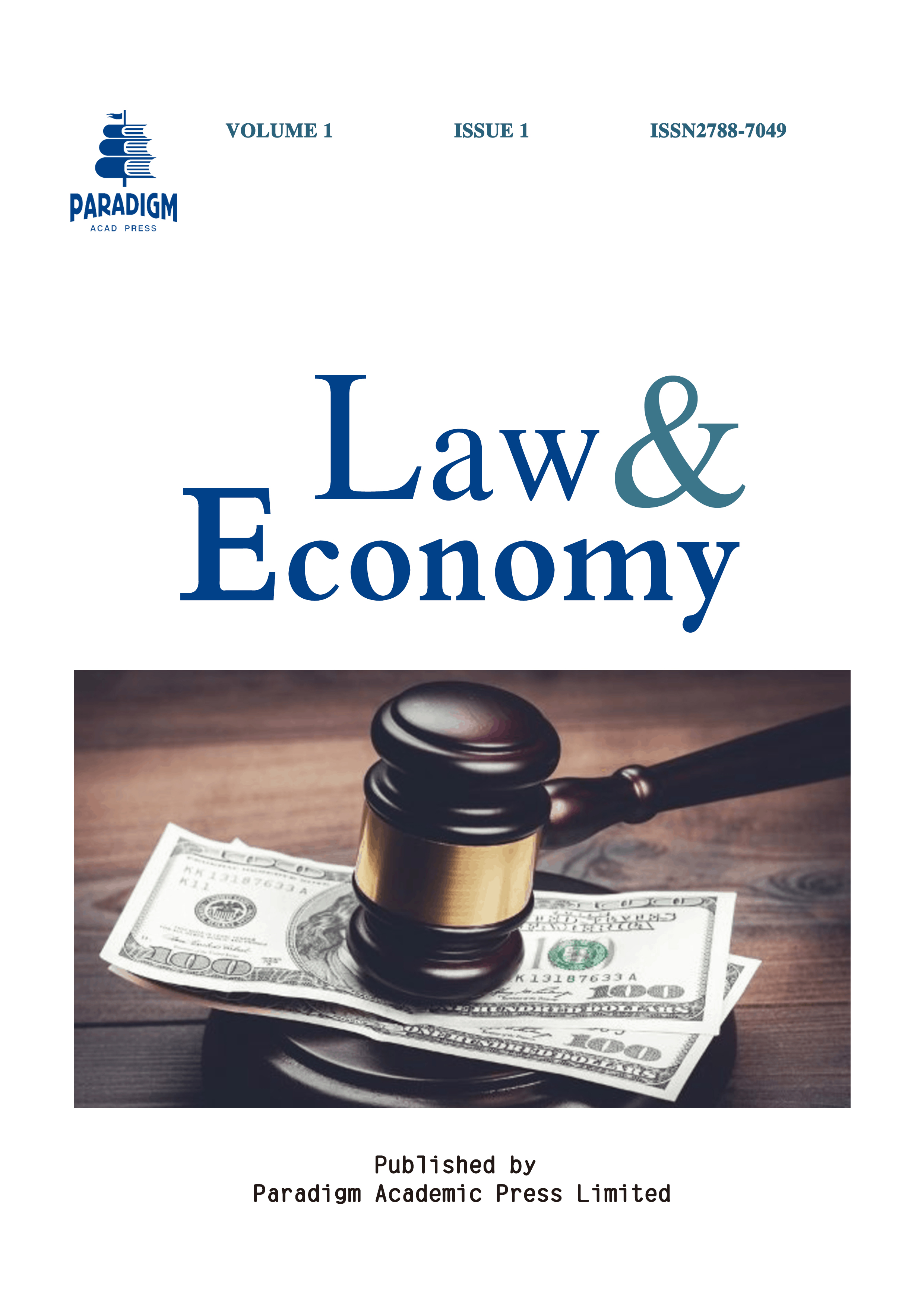From “Sentencing Negotiations” to “Prosecution-Defense Negotiations”: On the Improvement Path of the Guilty Plea Bargaining System
Keywords:
guilty plea, sentencing negotiation, prosecution-defense negotiation, litigation efficiencyAbstract
In China’s guilty plea cases, only limited sentencing negotiations involving the parties are allowed, and the voluntary nature lacks guarantees, resulting in a low willingness of the parties to participate in negotiations and difficulty in realizing the efficiency value of the leniency system for guilty pleas. In contrast to China’s limited sentencing negotiation system, some countries have adopted a “prosecution-defense negotiation” system, which allows comprehensive negotiations between the prosecution and defense on issues such as guilt, conviction, and sentencing, to achieve the active and voluntary guilty pleas by criminal suspects. This system has a high applicability rate and effectively resolves a large number of criminal cases. It is of great significance to absorb and learn from the rationality of the prosecution-defense negotiation system, define the negotiation subjects, expand the scope of negotiations, regulate negotiation behavior, clarify the consequences of negotiation, and establish a localized prosecution-defense negotiation system in China, which is crucial for improving China’s leniency system for guilty pleas and balancing values of justice and efficiency.


